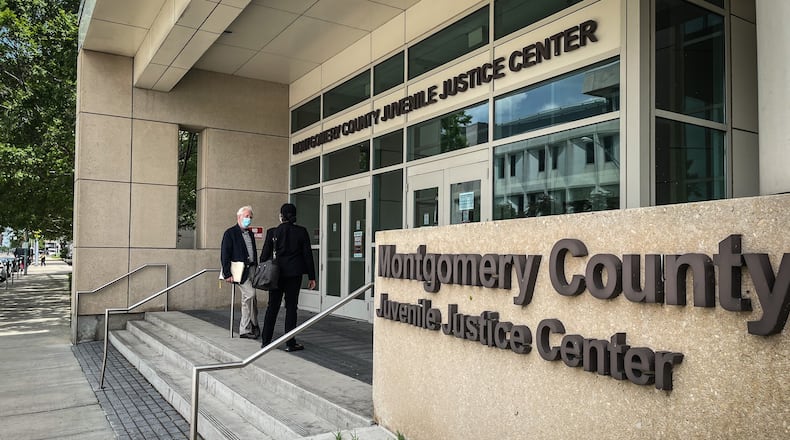“These specific dockets are proactive, they work with children, they work with families and the community to try to do so many things,” he said. “Each court has its own uniqueness, but in the end all three dockets are created to allow me to have staff specifically trained to deal with unique family situations.”
The family treatment court was created in response to the opioid epidemic and aims to give parents fighting addiction a chance to stop using drugs and get custody of their children back. The mental health docket’s goal is to help treat children whose mental health has led to legal issues, and the juvenile treatment court is for kids who have been impacted by drug and alcohol abuse.
The people who are enrolled in the dockets are provided treatment for underlying issues while their progress is monitored by a judge.
Capizzi, who will retire at the end of the year after serving on the juvenile bench for 18 years, created or revamped the courts to better treat youth in the community. He has helped shape guidelines that are used by similar courts nationally and said that officials from other juvenile courts often visit Montgomery County to learn best practices.
“We work hard to continuously improve what we do,” the judge said. “My staff is well-trained, but we always want to learn more to do a better job and serve the children and families. My goal in my career has always been to help children and families and if possible help them stay together. And I am very proud of the fact that these three dockets have been certified again by the Ohio Supreme Court for being exceptional in what they do.”
Julie Bruns, who was elected this fall to replace Capizzi, told the Dayton Daily News leading up to the election that she plans to utilize the programs to best serve families and the public.
The specialty courts have received praise from parents whose children had to go through them. During the last treatment court graduation earlier this year, Wendy Carter spoke during the ceremony about her daughter going through the program a few years ago. She told the Dayton Daily News that having her daughter go through the program was difficult, but because of the support and resources from the treatment court, they were able to get through it.
“We didn’t have to do it alone,” Carter said.
Carter said parents whose children are going through addiction should seek help immediately and not let it develop into a serious problem.
The Ohio Supreme Court recertification process ensures that any court that calls itself a specialty docket follows a set of rules and best practice models, Capizzi said. The Montgomery County Juvenile Court was issued its recertification last month and was notified earlier this month.
About the Author

